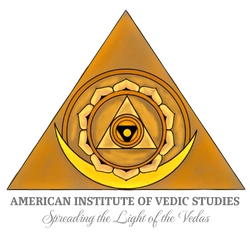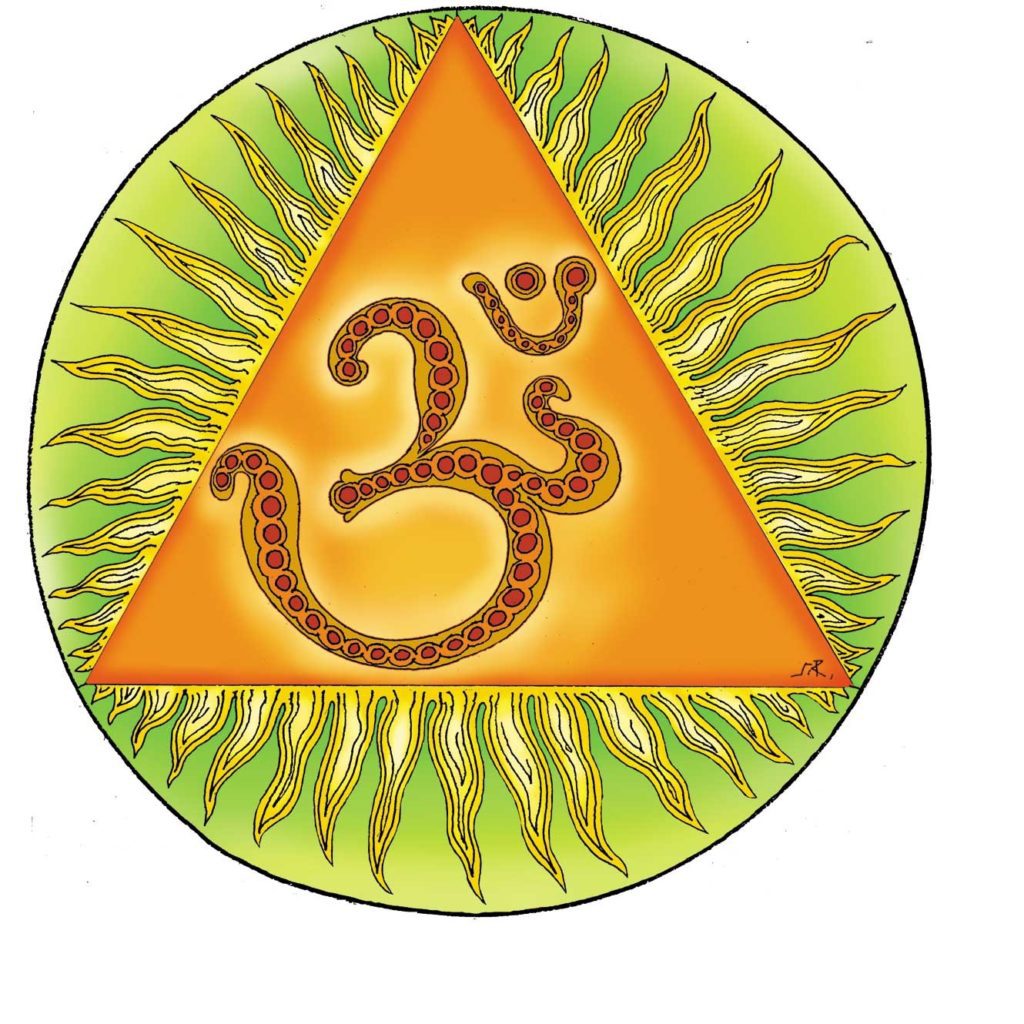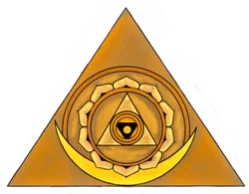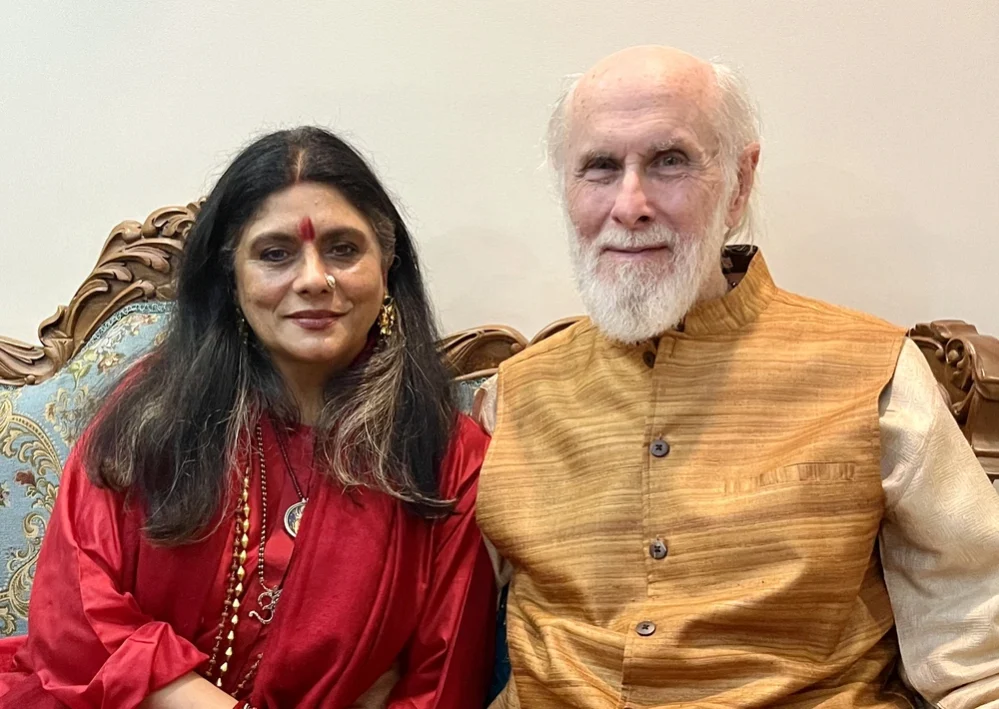Note Audio of the Article Text Below
Modern Science and the Vedic Science of Consciousness
Modern science has its place in making our outer lives safer and more productive and helping us to better utilize the natural forces around us. Yet these outer sciences remain secondary because, however much they help us externally, they cannot provide lasting answers to the ultimate questions of who we are, the nature of reality, and what if anything within us transcends death. They do not fundamentally change our consciousness but only provide more information and better practical functioning.
The inner science of consciousness is the supreme science because through it can we truly understand the nature of the universe, its origin and goal – and the nature of our own inner being that is not limited to body and mind.
The highest knowledge is Self-knowledge, knowing who we are in the essence of our being. Without this inner knowing we get caught in the errors and illusions of the mind and in a fixation on transient phenomena as the ultimate reality. The science of meditation provides us with the direct experience of the Infinite and Eternal.
New Views of Science
Modern science with its many new research projects is slowly developing a new view of consciousness better aligned with dharmic traditions, as compared to the old fixed materialistic view of the world of pre-relativity science. That the world of the senses is an illusion is now a scientific fact, though science is not certain what the ultimate reality or truth behind the world may be. Science is making progress towards recognizing a transcendence of Consciousness, though it has not yet reached a decisive turn towards inner knowing.
Science is approaching consciousness in two primary ways.
- The first is through quantum physics that is proposing a unitary field of consciousness underlying the universe to explain the coherence of the laws of nature. So far, this universal field of consciousness is but a theory and not all scientists accept its existence. Scientists are looking for a way to measure it, but this is to objectify it, not a conscious understanding.
This universal field of consciousness is well known to Vedic thought as Brahman, Being-Consciousness-Bliss Absolute (Satchidananda). It constitutes the Vedic view of the Divine or the supreme reality, the origin and end of all. Yet Vedic thought recognizes other universals like a cosmic intelligence as the repository of the laws of nature, and a universal prana or all-pervasive life-force. Under its Purusha theory, Yoga regards the universe as a single organic being, a cosmic human being as it were.
- The second level of the scientific approach to consciousness is through neuroscience, which includes mapping the brain, its functions and energies.
This new study of the brain is discovering the value of Yoga, mantra and meditation for mental health and proper neurological functioning, but does not yet embrace the yogic view of the universe or the human being. A yogic neuroscience would link the brain to deeper powers of consciousness beyond the body and the external world. It would not require any drugs or technology for its applications.
Both these scientific approaches remain outward in orientation, not recognizing the primacy of consciousness over anything external, including the scientific mind and its discourse. Modern science remains far from embracing consciousness as the supreme reality, though its own logic may inevitably lead it there.
Physics looks at consciousness through the mathematics of physical forces that are but its shadows. Neuroscience identifies the brain as the origin of mind and consciousness, a view that limits consciousness to the body and physical reality. It makes chemical medicine the main method for treating mental dysfunctions, as if these were merely dysfunctions of brain chemistry, instead of karmic consequences of an independent intelligence and its actions. Until Consciousness is given its inherent value, such scientific approaches will remain limited.
Brain, Mind and Consciousness
Vedic philosophy teaches that the brain, mind, and consciousness are fundamentally different in nature, though related in function. The physical brain is but an instrument for the mind, but the mind also has its own level of existence beyond physical reality. The core mind, consisting of our karmic patterns, leaves the body at death and moves on to another body for another physical life.
Yet the mind, which has its own structure and function, is not the origin of consciousness either. The mind is but an instrument for a deeper consciousness, orienting it to time, space and practical reality. Mind is a composite consciousness of conditioned responses, memories and capacities, not a self-aware intelligence. It has its subtle material nature and is part of the external world.
The true Self dwells beyond body and mind and is the real source of awareness, not limited by change, action, name or form. This Atman or inner Self is one with Brahman or the universal consciousness, as Vedic thought proposes. Universal consciousness and embodied consciousness or mind are linked, but are not identical. We must surrender our minds to the consciousness within by making them silent, receptive and calm like a mirror.
Behind the physical brain and its chemistry is what could be called the “subtle brain of energy and awareness”, the thousand-petal lotus of the head, the highest of the seven chakras of yogic thought. This lotus of the head allows us to connect to the secrets of higher consciousness, but it must be awakened by yogic practices of pranayama, mantra and meditation to truly come into function. It is largely dormant or unevolved in the ordinary person and not developed without special yogic efforts that may extend over several lifetimes.
When modern science explores the brain in order to understand consciousness, it is like measuring a person by examining the movements of their shadow. Vedanta teaches us first how to transcend the brain along with its biological limitations and compulsions; and second how to transcend the mind, which is individualized consciousness, to move beyond conditioned karmic limitations.
This leads us to pure Consciousness, which is an all-pervasive universal principle like space. It requires going to the core of our awareness that persists throughout waking, dream and deep sleep. It raises the possibility that in sleep and in other states of awareness, we can access higher aspects of reality than the physical, which is but one level of consciousness, not the whole or the essence of it.
If there is a unitary field of consciousness underlying the universe, it must be accessible to the human mind, as it exists everywhere. By linking our human mind with this cosmic intelligence, we can transcend the limitations and biases of our species. But this requires recognizing our immortal nature beyond its current embodiment. It means going beyond human conditioning, language and sensory perception. Yet this is also to contact our true Self that is one with the entire universe, the State of Self-realization that is the ultimate goal of human embodiment.








